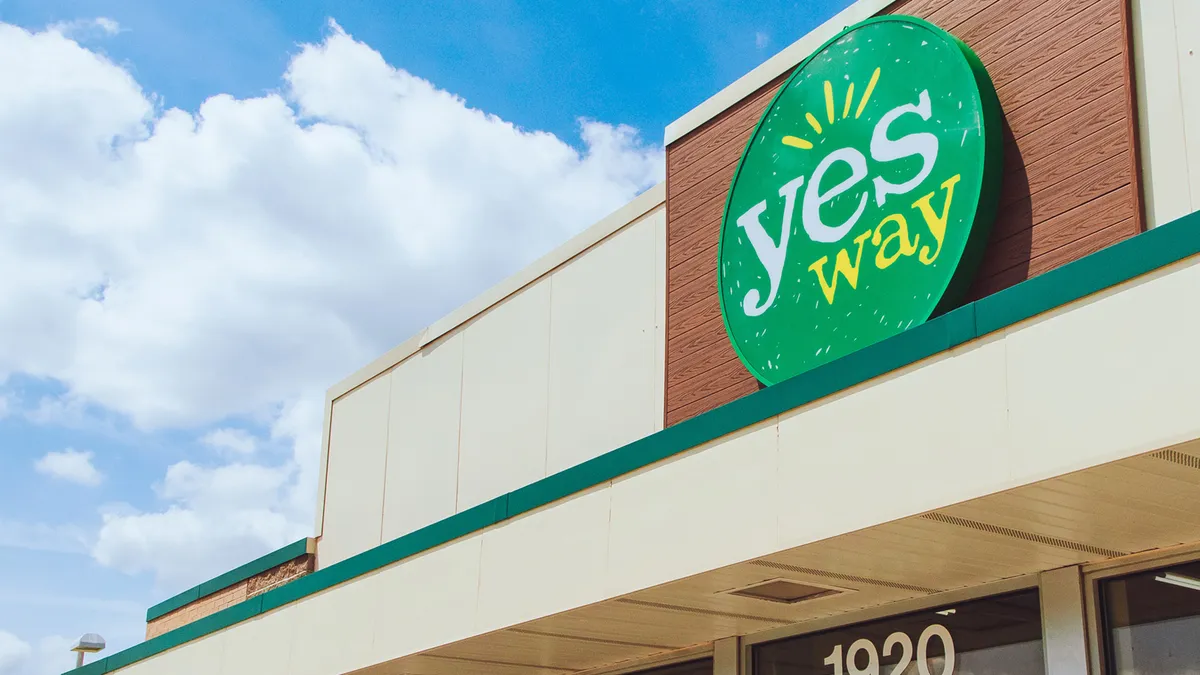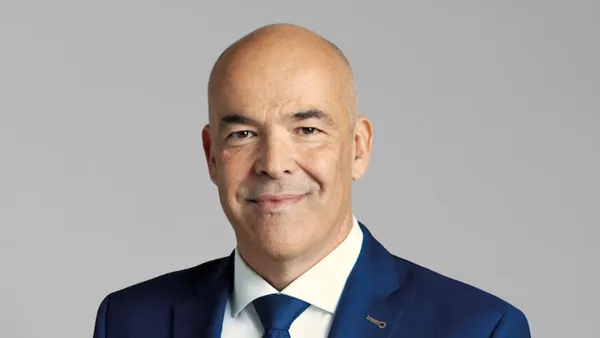Terry Monroe is the president and founder of American Business Brokers & Advisors and the author of four books. He has been involved in the sale of more than 900 businesses and has and worked with over 1,000 buyers and sellers, with an expertise in the buying and selling of convenience stores.
One of the many things I enjoy about what I do is that I get to meet a lot of successful and interesting people. Recently, I was having lunch with a successful third-generation business owner who had accomplished an outstanding feat of taking his business into the fourth generation.
For most people who start a family convenience store business, the dream is to have it stay in the family for generations to come. The founder may think of that as a gift to the family, giving them meaningful employment and an easy income. They may think of it as a stepping-stone, assuming that their children can build on what they started. When asked, about 88% of people who run family-owned businesses think that those businesses will stay in the family for at least five more years.
However, the statistics paint a far bleaker picture. Most family businesses — including many c-stores — fail at an alarming rate. It is very rare for them to move on from generation to generation.

For instance, a mere 30% — less than 1 out of every 3 businesses — actually make it on to the second generation. These are the children of the founder. They should theoretically be in the best position to run the company. Yet most fail. And why is that? Oftentimes it’s because the second generation was born when the business was already alive and prospering. They never had to feel the pain of being short of cash when it came time for payroll or having to create or invent ways to get business in the door. Basically, it was their job not to screw anything up and let the first generation keep going until either they passed away or handed the reins over to them.
Just 12% of businesses carry on farther and get to the third generation, or the founder’s grandchildren. At this point, hopefully, the second generation has learned from the transition from the first generation what to expect, but the odds are turning against this transition being successful.
By the time the great-grandchildren would be set to take over, 97% of family-owned businesses are dead. If the third generation has not sought professional help the business will have been sold or dissolved.
The difficulty of keeping a business alive
People often have blind faith in their children and other family members. They think that it will all work out. This is where the saying “Thunder, Blunder, Under” originated from. Where the first generation was the entrepreneur of the family and put everything together and built the business, the second generation kept things going and the third generation couldn’t keep the business together for unknown reasons.
The truth is that running a family-owned business is incredibly hard. Keeping it going from one generation to the next is even harder.
However, one thing the family planners never talk about is how few businesses are able to span three to four generations. I often talk about being in the video rental industry. This industry didn’t last one generation. What about the farming industry? It looks like it may have had three generations it could support, but in today's world being a small farmer is not a viable business.
And what about the convenience store industry? It began as a filling station, then a gas station, then a convenience store and then what? A building that sells soft drinks, coffee, food, cannabis and vape. Who knows what is next.
So, the question is twofold. Are you in a convenience store business that has more than one generation of life left in it, or do you see the business starting to fade away?
The next question you must ask yourself is this: Is your family capable of taking your present business to the next level?
Notice I did not say keeping the business running. I could walk in and keep your business running, but I may not be able to grow your business. And if a business is not growing it is dying. All too often, parents are delusional about the capabilities of their children. When I started in business, I thought my children would take over what I had created. But I found out that some of the business did not have generational life left in it. Or my children had no interest in them, or worse — they didn’t have the entrepreneurial capabilities I had when I started them. I had to face the harsh reality that there was not going to be a legacy business in my family.
Instead, I had to understand that my children were not me. They were better suited for other businesses, and I needed to support them in their endeavors.
We all think about succession planning. Maybe it is time for all of us to take off our rose-colored glasses and look at the reality of things within our own family and business before it is too late.












